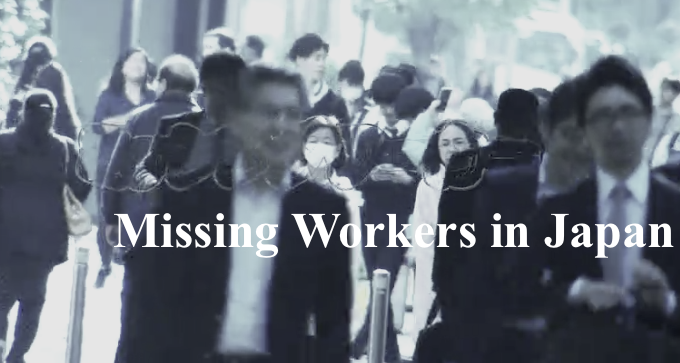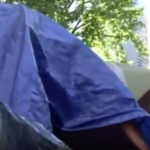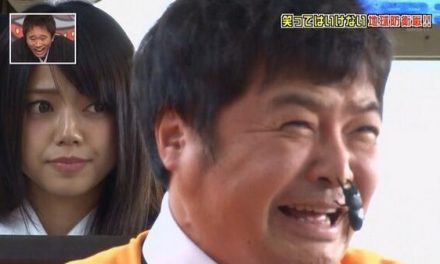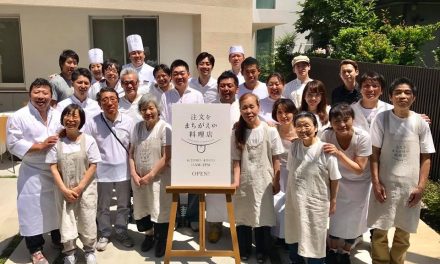
Actually, Japan’s unemployment rate is not 2.5%

Just recently, it has been unveiled that Japan’s unemployment rate was just 2.7% in 2017, which is the lowest among the OECD countries. Moreover, it has even improved to 2.5% this year according to the Ministry of Internal Affairs and Communications. The rate in 2017 was even the lowest in 24 years since 1993.
As I discussed before, the labor shortage in Japan has become more severe. This has also helped working population increase to 67M (+480K), and the Ministry of Internal Affairs and Communications declared that Japan’s employment trend has steadily improved.
However, I have wondered if this is true inasmuch as I have met a number of unemployed people taking care of their parents. Actually, the fact that the unemployment rate was 2.7% is wrong because the rate does not include “Missing Workers”.
Missing Worker
Sponsored Link
Fundamentally, the definition of unemployed people in Japan is people who have applied for jobs. As for this rate, it is 2.5% at this moment. However, there are also people who have given up working and not applied for jobs due to the responsibility to take care of their parents.
In many cases, the parents have dementia or are severely disabled, which requires their children to quit their jobs and focus on looking after them. These people are named “Missing Workers” by American economists.
According to a research on the workforce of people in their forties and fifties in Japan, there are 16.99M full-time workers, 7.95M non-regular employees
However, this study does not show the real situation in Japan since the number of missing workers is not included. Actually, it was figured out that the number of missing workers is way higher than the number of unemployed people.
The study shows that there are over 1.3M missing workers in Japan.
Home Nursing
Sponsored Link
A majority of missing workers decided to look after their parent (s) by themselves at home since the pensions that their parents were receiving were not decent enough to enter retirement homes.
Furthermore, in many cases, they are single and do not have siblings, meaning that they can get neither financial support nor cooperation from anyone. Hence, they have no choice but to quit the job, take care of their parents at home and being dependent on parents’ pensions.
Needless to say, they cut down on their living expenses, but basically, savings need to be withdrawn to live every month. What is more complicated regarding this issue is that their parents’ deaths do not mean the end of this matter.
Several years after they stopped working, they tend to lose energy and motivation to get back to work or to even look for jobs. It can easily be imagined how tough the circumstance is.
Now that my parents and I have cooperated to take care of my grandmother at home. Just recently, my family has started to use a day-care service once a week, but still handling it (looking after her at home) is not easy. Therefore, I feel sorry for these people (the missing workers) deeply and I do not think that I would be able to handle it alone either.
No Hope

As this matter has attracted a lot of attention, several missing workers were interviewed in a Japanese TV documentary just recently. For instance, this 57-year-old man has not worked for 10 years. Like other missing workers, he quit his job and took care of his father alone for 3 years until the father passed away 7 years ago.
However, even after his father’s death, he has not been able to start working again. This is because
Now, he lives on his parents’ savings that he inherited, but he does not know what will happen after the money runs out.
This person used to work for a Japanese electronics manufacturer company after graduation from college, and he even belonged to an in-house marathon club. So, basically, he was leading a full life back.
However, after his father had dementia (when he was mid-forties), he decided to look after his father at home because his mother had already been dead.
The father’s pension was ¥100,000/month, which was not decent enough to enter a retirement home. Not to mention, he had no choice but to take care of him at home.
At first, he was handling his work and the nursing, but sooner or later, he was driven into a nervous breakdown.

Furthermore, he always had to watch his father to suction phlegm and give him a drip, he came to be pressed with the nursing (he did not even have time to eat meals leisurely.
Eventually, he quit his job, lost 30kg, got depressed, had health issues, etc. In the documentary, he expressed his true feelings that he wants to commit suicide.
Sponsored Link






























